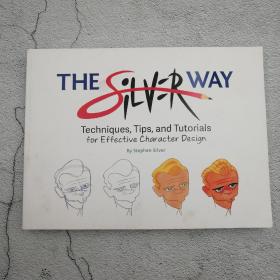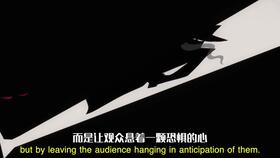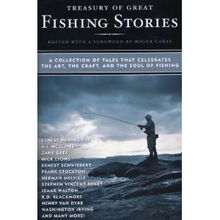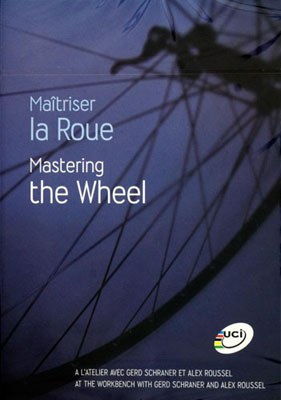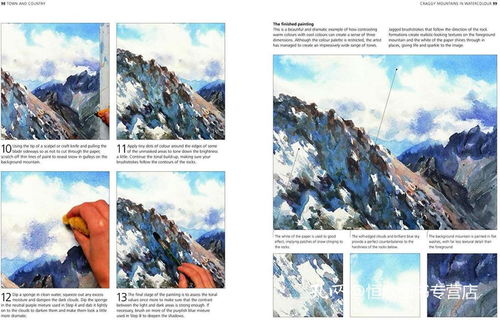Content:
Lure fishing, an exciting and dynamic form of angling, can be both rewarding and frustrating. Many beginners find themselves struggling to master the art of lure fishing without any specific techniques. If you find yourself in this situation, fear not! This article will provide you with practical tips and strategies to help you improve your lure fishing skills, even if you're starting from scratch.
Understanding the Basics
Before diving into the nitty-gritty of techniques, it's crucial to understand the basics of lure fishing. Lure fishing involves using artificial lures to attract fish, which can be more challenging than using live bait. Here are some fundamental aspects to consider:
Choosing the Right Lure: Different lures are designed to mimic various types of prey, such as minnows, shad, or crayfish. Understanding the types of fish you're targeting and selecting the appropriate lure is essential.
Understanding Fish Behavior: Fish are unpredictable, but understanding their behavior can significantly increase your chances of success. Study the habits of the fish you're targeting, including their feeding patterns and preferred habitats.
Equipment: The right equipment can make a world of difference. Ensure you have a suitable rod, reel, line, and tackle that match the type of fishing you're doing.
Developing Your Technique
Now that you have a basic understanding of lure fishing, let's delve into some techniques that can help you improve your skills:
Cast with Precision: One of the most critical aspects of lure fishing is casting. Practice your casting technique to ensure you can place your lure exactly where you want it. Pay attention to your grip, posture, and the angle of your rod.
Learn to Work the Lure: Once your lure is in the water, it's time to work it. This involves moving the lure in a way that mimics the natural movement of its intended prey. Experiment with different retrieves, such as the classic zigzag, slow roll, or stop-and-go technique.
Adjust to the Conditions: The effectiveness of your lure can vary depending on the weather, water temperature, and other environmental factors. Be prepared to adjust your technique accordingly. For example, on windy days, you may need to use a heavier lure to maintain control.
Read the Water: Pay attention to the water's surface and the behavior of the fish. Look for signs of feeding, such as fish breaking the surface or following the lure. This can give you valuable clues about how to adjust your technique.

Patience is Key: Lure fishing can be a waiting game. Don't get discouraged if you don't catch anything right away. Stay patient and persistent, and you'll eventually reap the rewards.
Advanced Techniques for Beginners
If you're still struggling to catch fish despite practicing the basics, here are some advanced techniques that can help:
Using a Variety of Lures: Experiment with different types of lures to see which ones work best in your fishing environment. Sometimes, a simple change can make a significant difference.
Adjusting Your Bait Presentation: Depending on the fish you're targeting, you may need to adjust your lure's presentation. For example, some fish may be more attracted to a lure that's moving quickly, while others may prefer a slower, more deliberate retrieve.
Using the Right Bait Color: The color of your lure can also play a significant role in attracting fish. Experiment with different colors to see which one works best in your specific fishing situation.
Learning from Others: Don't hesitate to ask for advice from more experienced anglers. They can provide valuable insights and tips that you might not have considered.
Studying Fish Patterns: Spend time observing fish behavior and try to understand their patterns. This knowledge can help you predict where and when they're most likely to strike.
Conclusion
Lure fishing without technique can be challenging, but with persistence and the right approach, you can improve your skills and start catching more fish. Remember to focus on the basics, be patient, and be willing to experiment with different techniques. With time and practice, you'll become a more skilled and successful lure fisherman. Happy fishing!
